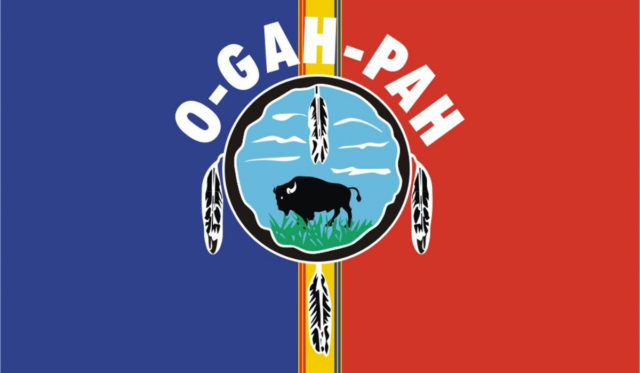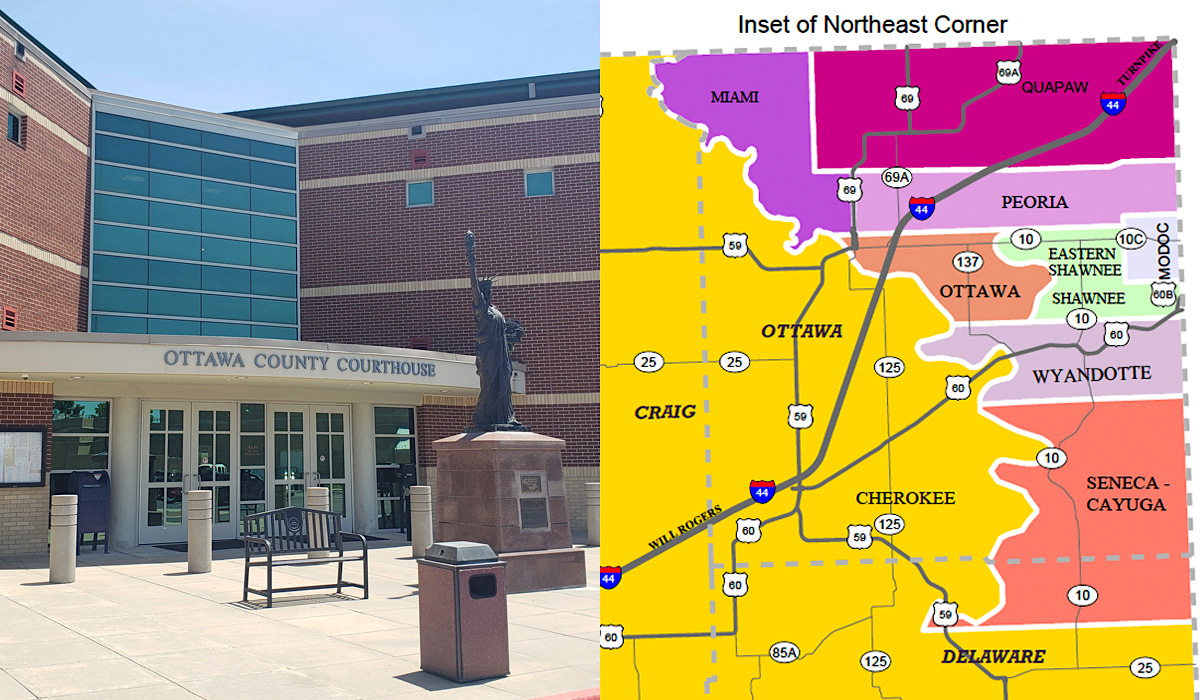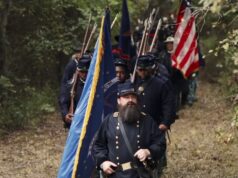

In deciding Oklahoma v. Lawhorn on Thursday, the Oklahoma Court of Criminal Appeals upheld a November 2020 Ottawa County District Court ruling that the Quapaw Nation’s reservation was never disestablished. The 4-0 decision extended the landmark U.S. Supreme Court case McGirt v. Oklahoma beyond the Five Tribes, making the Quapaw reservation the sixth affirmed reservation in Oklahoma.
“The Lawhorn decision rightfully affirms what we have always known — The Quapaw Nation is Indian Country,” Quapaw Nation Chairman Joseph Tali Byrd said in a statement. “Our reservation still exists, and our sovereign rights are what we have always known them to be.”
An Ottawa County District Court judge held that since Cherokee Nation citizen Jeremy Lawhorn allegedly committed an act of lewd and indecent exposure with a child under 16 on Quapaw Nation land, the state lacked jurisdiction to prosecute him.
“Lawhorn is an Indian for purposes of federal criminal law and that the crime occurred in Indian Country, namely within the historic boundaries of the Quapaw Nation reservation,” Presiding Judge Scott Rowland wrote in the decision. “The district court granted Lawhorn’s motion to dismiss, quashed the information, and dismissed the case for lack of jurisdiction.”
Judges Robert Hudson, Gary Lumpkin and David Lewis wrote three separate concurring opinions.
Quapaw Nation Reservation background
The Quapaw Nation is located in the northeast corner of Ottawa County and is one of the Nine Tribes of Ottawa County. The Quapaw people moved to northeastern Oklahoma from Arkansas before the Civil War, and the tribe’s ancestral lands are in the Ohio Valley.
PREVIOUSLY
Courts ‘in limbo’ as Ottawa County tribes await reservation rulings by Joe Tomlinson
The tribal jurisdictional area covers 13,000 acres with Quapaw as its capital. The tribe has 5,600 enrolled citizens and is federally recognized.
In their ruling, OCCA judges cited the 1833 Treaty with the Quapaw and the 1867 Treaty with the Seneca, Mixed Seneca and Shawnee, Quapaw, etc., which were signed by the U.S. government and established the Quapaw Nation Reservation.
“Nothing in any of the documents showed a congressional intent to erase the boundaries of the reservation and terminate its existence,” Rowland wrote. “Congress, and Congress alone, has the power to abrogate those treaties, and this court [will not] lightly infer such a breach once Congress has established a reservation.”
The SCOTUS opinion in the McGirt case held that only the U.S. Congress can repeal treaties establishing Native American reservations and their geographic boundaries.
The Quapaw Tribe statement said the nation has “significantly upgraded its criminal justice system” over the past two years.
The tribe opened a $4 million Ki-Ho-Ta Justice Center that serves Quapaw Nation tribal citizens and business entities in civil and criminal matters. The statement said the center offers counseling services, DUI classes, drug and alcohol assessments, a methadone clinic and a juvenile court.
“The Quapaw Nation is ready for this,” Quapaw Nation Vice Chairwoman Callie Bowden said. “We already have cross-jurisdictional agreements in place with various law enforcement agencies across our reservation. We opened a new criminal justice center only two years ago, and we are modernizing our courts. The Quapaw Nation’s primary goal is and always will be to protect our tribal members and be valuable partners to the entire community.”
Oklahoma Gov. Kevin Stitt’s office issued a press release “lamenting” the further McGirt decision.
“The Supreme Court’s McGirt ruling continues to tear Oklahoma apart,” Stitt said. “Today the Court of Criminals Appeals found that for purposes of federal criminal law, a portion of Ottawa County no longer falls under the jurisdiction of the state of Oklahoma. This is the sixth new jurisdiction in our state. Oklahoma is literally being torn into pieces.”
Oklahoma Attorney General John O’Connor — appointed by Stitt — has issued multiple petitions to the U.S. Supreme Court to limit or overturn McGirt.
Similar cases involving other tribes in Ottawa County have also been pending.





















